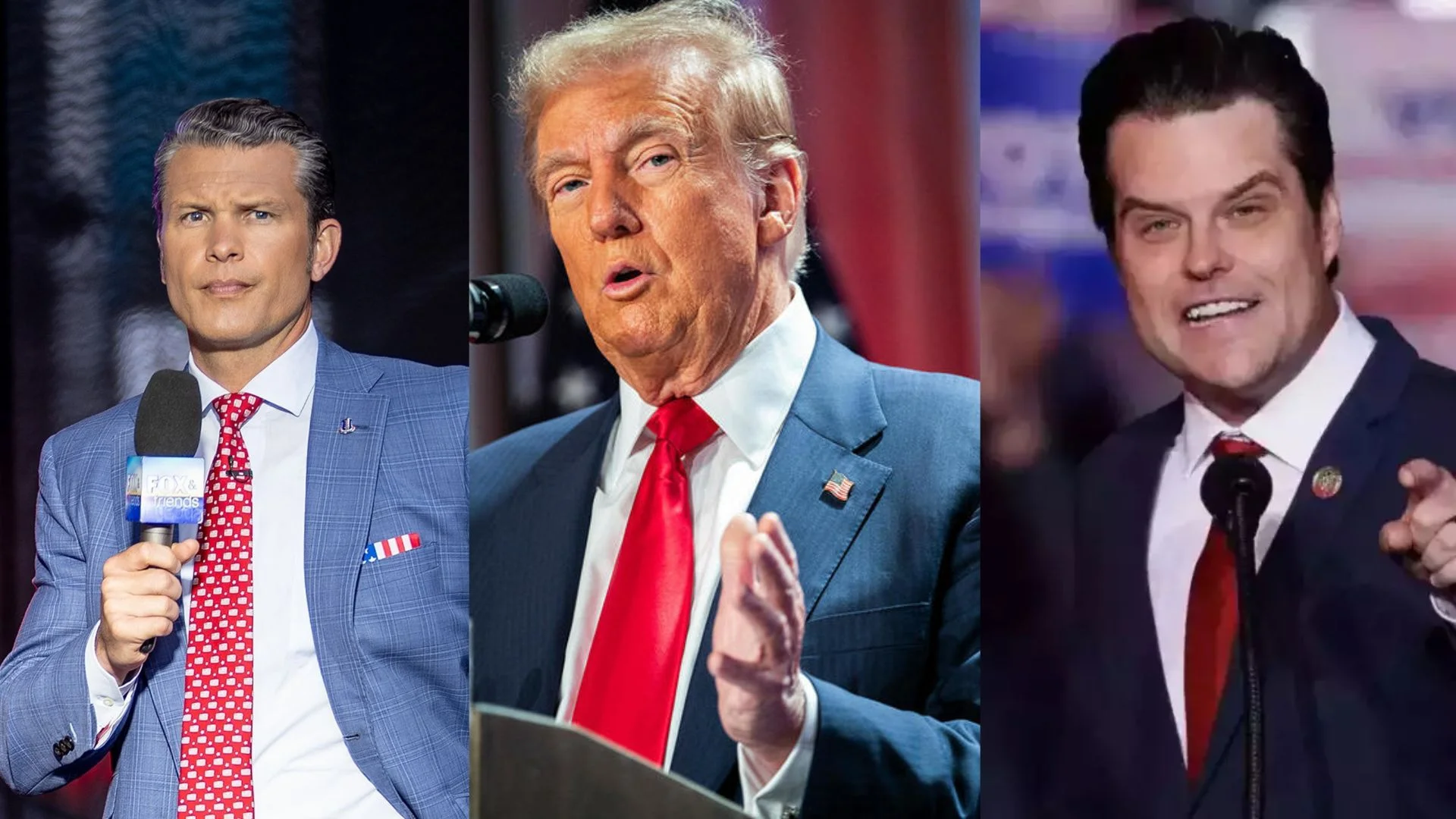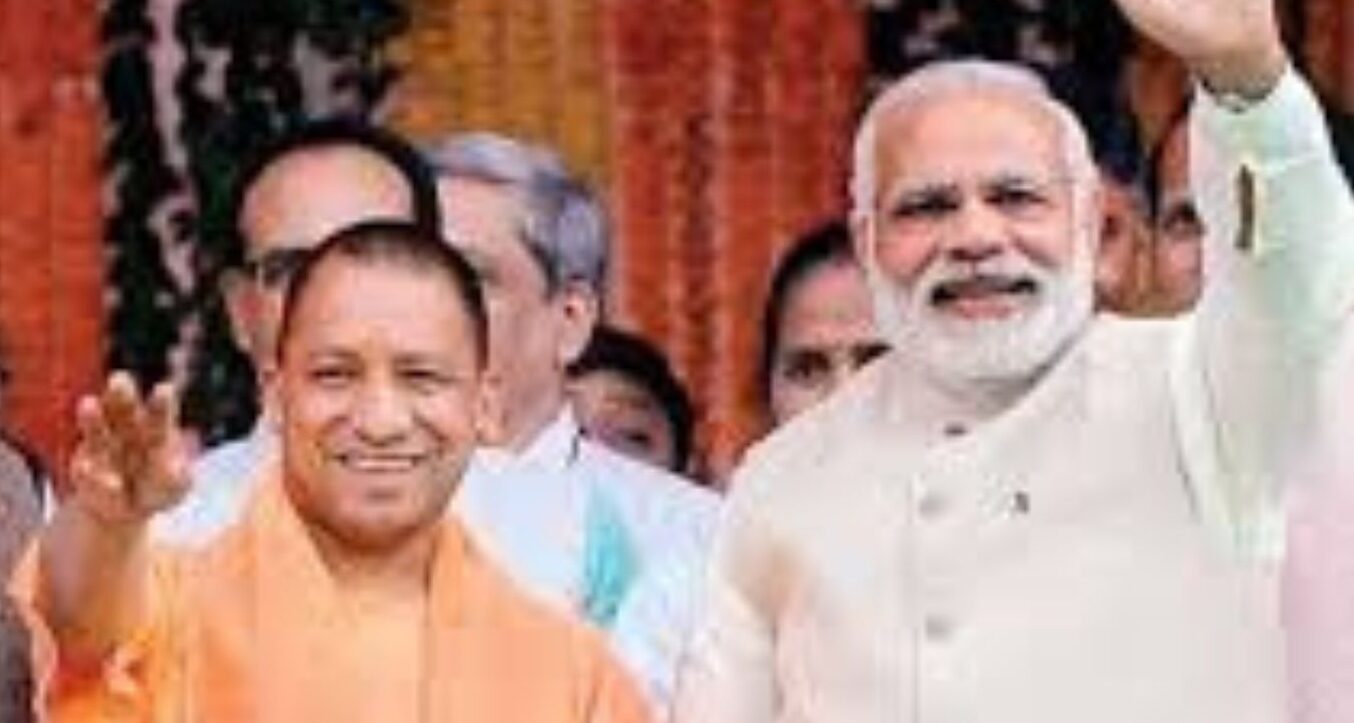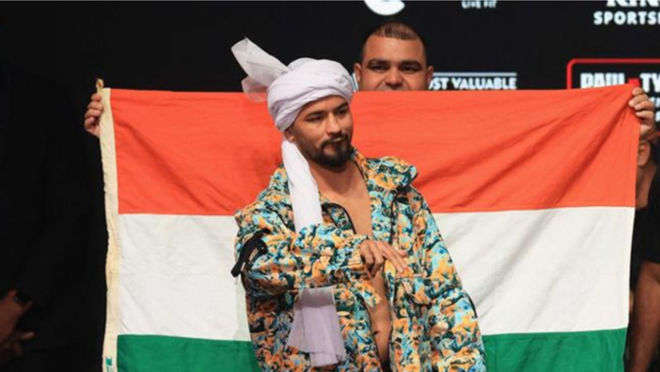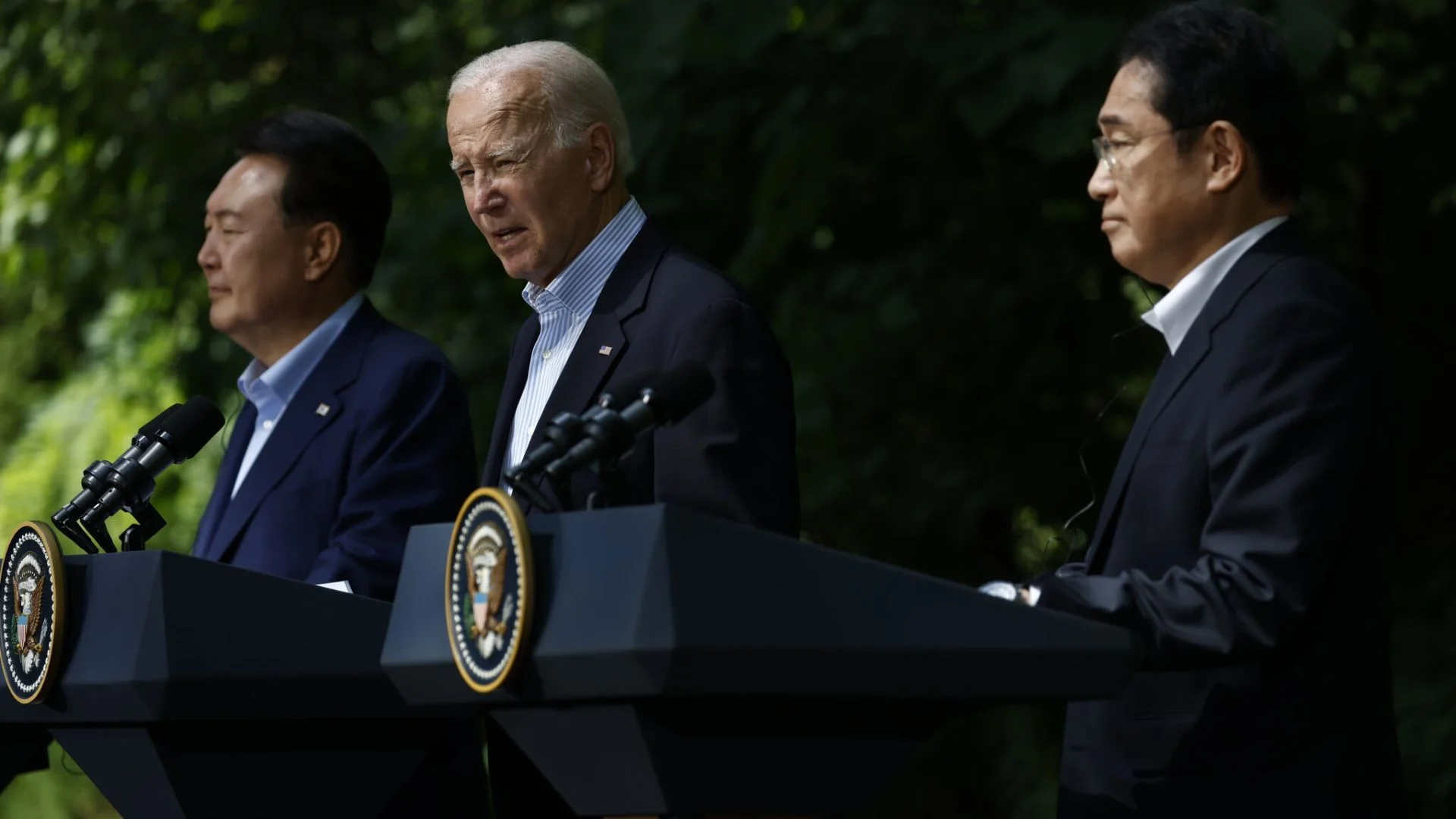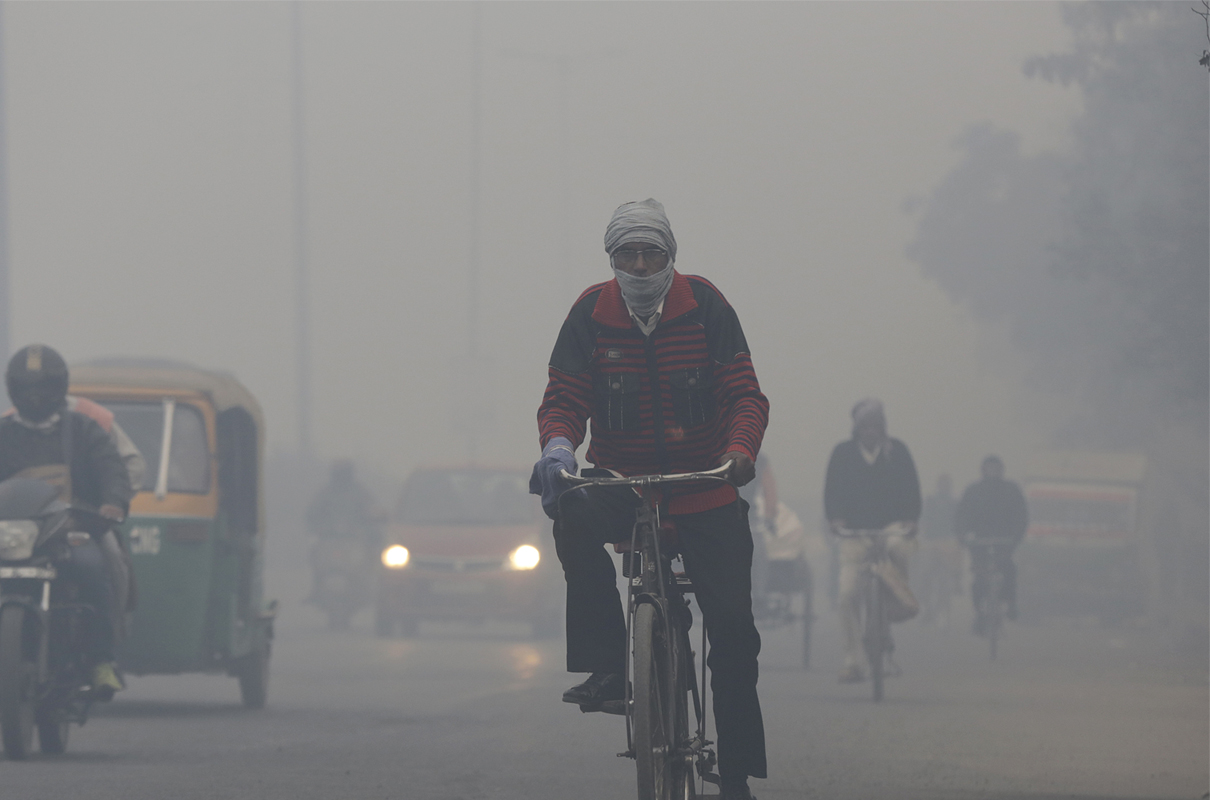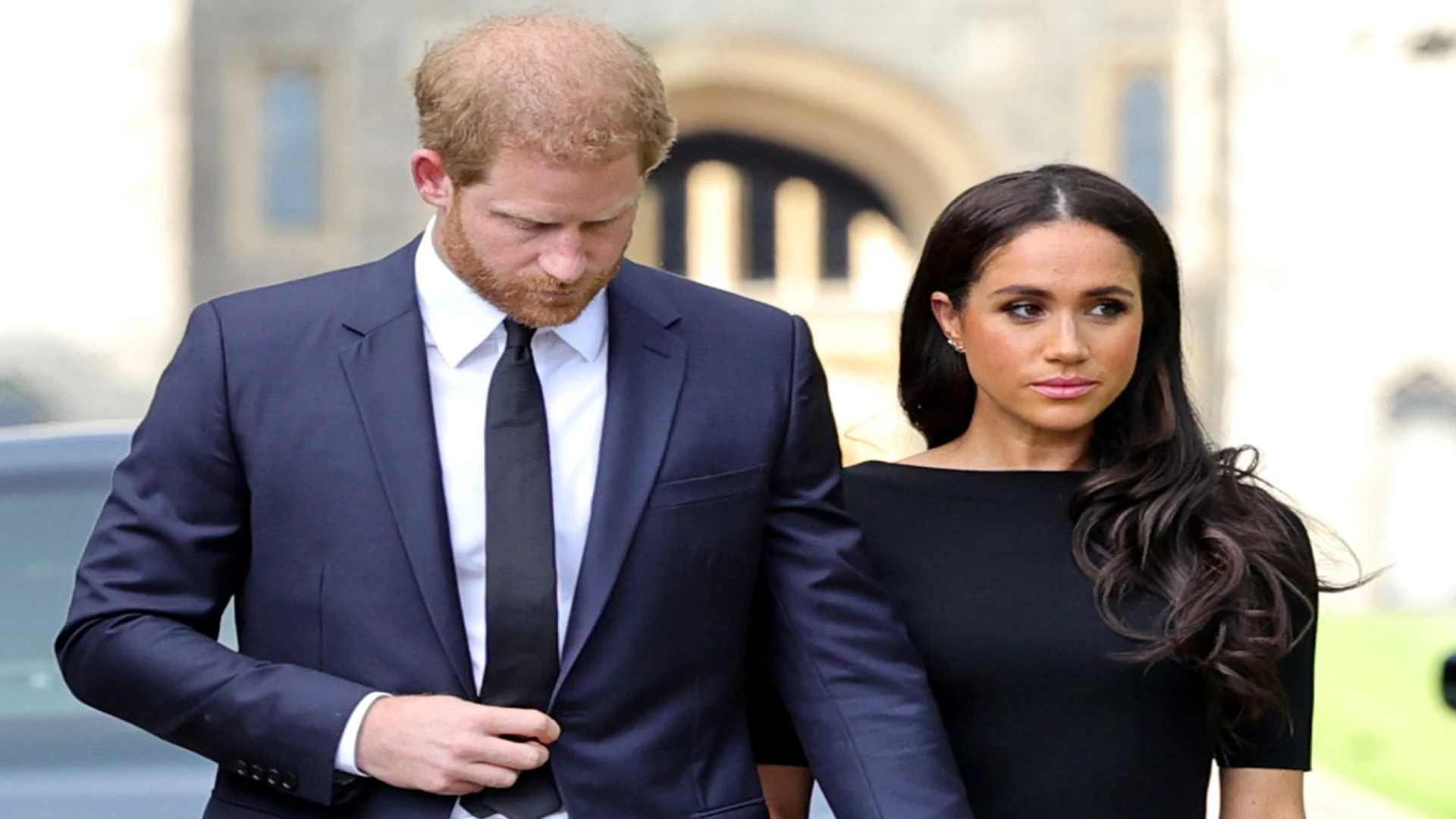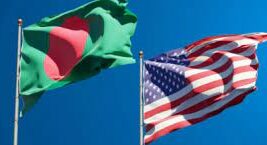
At times the United States gets a bit too selective in its self-appointed role as the arbiter of justice, and upholder of a liberal and democratic rules-based international order. More often than not this selective sanctimony ends up subverting its own foreign policy goals. Take the instance of US policy on the Indian subcontinent. Its Pakistan and Bangladesh policies are so divergent in both principle and application that these have the potential to push the region towards instability. This is not good news for India, the only country that is keeping the region stable in the face of rising extremism and terrorism in its neighbouring countries. India is an important US partner, so it does not serve US interest to follow a policy that compromises India’s security interests, apart from allowing China to increase its footprints in the region. This is bound to happen if the US treats the Hasina government in Bangladesh as a pariah. The US turns a blind eye to Pakistan’s blatantly rigged electoral process. It is not bothered that a former Pakistan Prime Minister has been sent to jail on possibly trumped up charges, that the minorities in that country are being exterminated, that Pakistan is harbouring terrorists, or that it is because of Pakistan that the US faced an ignominious exit from Afghanistan. In contrast, when it comes to Bangladesh, the US is coming down heavily on the Hasina government to the extent of imposing sanctions on individuals for allegedly aiding the backsliding of democracy. In the process, it is taking the side of Khaleda Zia’s opposition BNP, which has strong connections with the radical Jamaat-e-Islami. The US ambassador to Dhaka, Peter Haas has justified imposing these sanctions by saying that promoting democracy and human rights is an important component of Joe Biden’s foreign policy and unless and until free and fair elections are held in Bangladesh, and democratic backsliding is reversed, the Biden administration will continue to impose sanctions on not just individuals but also on the media. Biden has also not been inviting Bangladesh to his annual Summit for Democracies, but inviting Pakistan to it. It is a different matter that Pakistan did not attend the second summit earlier this year, apparently to avoid upsetting its Chinese masters in Beijing as the summit was seen as Biden’s contain-China strategy.
The important question is: How does a Pakistani election manipulated by the army generals pass the smell test, while a Bangladesh election won by Hasina’s political party does not?
At the heart of the Bangladesh problem is Khaleda Zia’s BNP’s relationship with the radical and violent Jamaat. The two were in coalition. The Jamaat has a record of collaborating with Pakistani soldiers to indulge in genocide when Bangladesh was known as East Pakistan. The Jamaat’s erstwhile Razakar paramilitary force is a hated name in the country even now. Courtesy the Jamaat and allied groups, Islamist extremism is a major problem in Bangladesh, with even Hasina being accused of pandering to the radical Hefazat-e-Islam to counter Jamaat’s influence on the ground. In fact it was Hefazat that unleashed mayhem during Prime Minister Narendra Modi’s visit to Bangladesh in March 2021. There are reports that much of this radicalization is being done by Pakistan with Chinese money, the intention being to create problems along the India-Bangladesh border. However, Hasina has also opened terror cases against Hefazat in an attempt to distance her government from these fundamentalists. Hence, Hasina may not be the best option for Bangladesh, given that her government has not been able to control Islamist violence completely, as the attacks on minority Hindus show, but at least she is the better option, because she is willing to curb the problem. Those in the know say that the Biden administration is now fighting for the right of the Jamaat-allied parties’ right to fight elections for the sake of democracy and human rights, without paying any heed to the past or to the present. This should bring focus to the way the Biden administration is pandering to the front men and lobbies of radicalized Wahhabi groups that have a worldwide network, including on the Indian subcontinent. That they are not able to influence US’ India policy, is because of India’s heft, and not for want of trying. Even then, they have major influence on bodies like the US Commission on International Religious Freedom, which, every year labels India as intolerant and fit for black-listing. The worry is that such bad policy may do long-term damage to the subcontinent. This may even push the Bangladesh government to turn to China for support, which will undercut the US’ policy of countering China, apart from making things uncomfortable for India. The US’ problem is the US itself. Such tone-deaf policymaking on Bangladesh will not help any of the actors involved except for the extremist elements.
